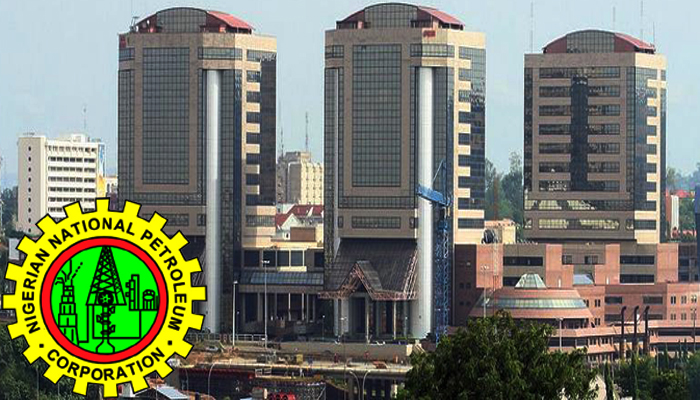The Nigerian National Petroleum Corporation (NNPC) has confirmed that the nation’s economy loses ₦2 billion daily to fuel smuggling.
This comes as the Federal Government said its border closure decision had led to a reduction in the demand for the product, even as prices for rice and frozen foods keep rising due to restricted supplies.
Indeed, the national oil company submitted that it had witnessed a significant drop in Premium Motor Spirit (popularly called petrol) evacuation from the depots since August 22.
There had been concerns about the nation’s daily fuel demand, especially when the amount used to offset subsidy payments rose over projected income.
NNPC Group Managing Director, Mele Kyari, in a tweet, said the drop might not be unconnected with the border restriction policy and other interventions of the security agencies aimed at curbing smuggling.
Read Also: Nigeria’s crude oil production to witness 8 percent decline
Hitherto, petrol smugglers, according to the corporation, were believed to be stealing and selling about 10 million litres of the commodity daily to neighbouring countries.
With petrol subsidised in Nigeria, as against the deregulated prices in fellow nations, the development provides an incentive for perpetrators of the economic sabotage.
For rice, poultry products and frozen foods in most local markets, their prices have gone up astronomically. While a bag of rice currently goes for N22,000 from N16,000 , a kilogramme of turkey that was N1,400 now sells for N2,000.
The NNPC boss noted that fuel smuggling was thriving due to the price advantage, since the product sells less in Nigeria.
Reacting to the restriction on the gateways, the Lagos Chamber of Commerce and Industry (LCCI) said government ought to be more strategic in dealing with problems of this nature.
Its Director-General, Muda Yusuf, said: “The border closure is a simplistic solution to a complicated, broader and multidimensional problem. We should develop the culture of tackling the causes of problems, not fighting the symptoms. This is the way to solve a problem sustainably.”
